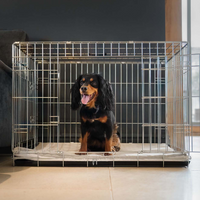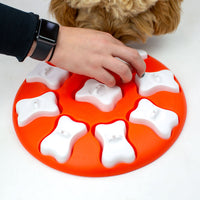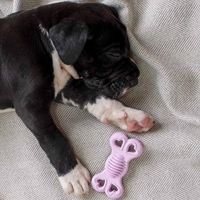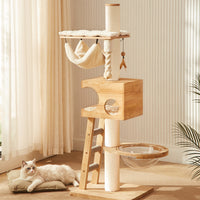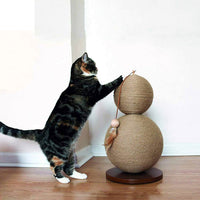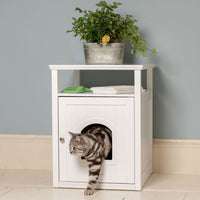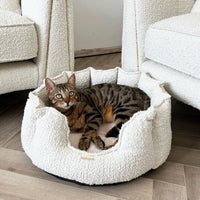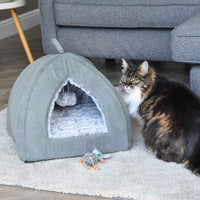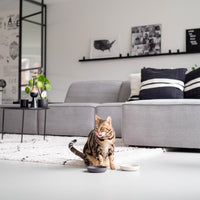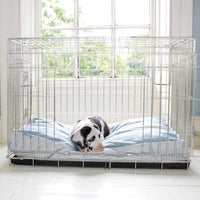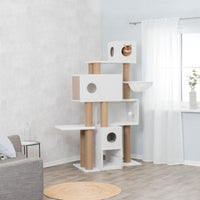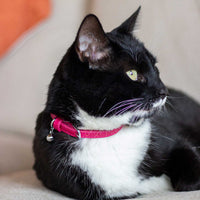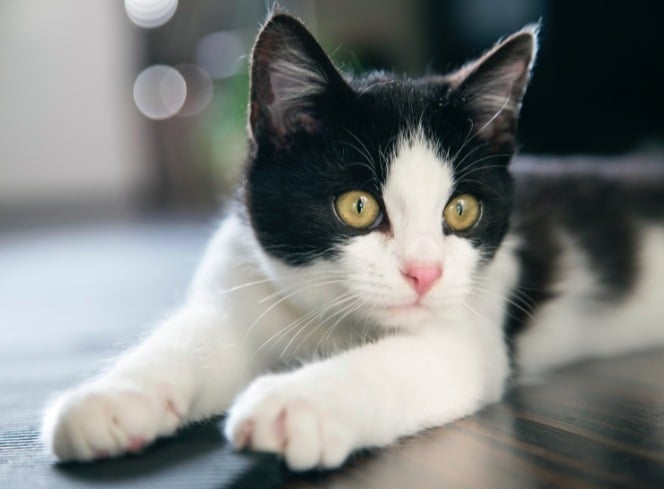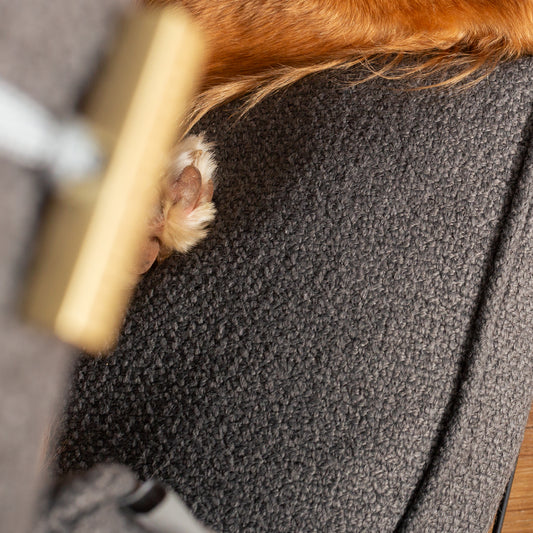Cats are emotionally intelligent animals. While some are laidback and confident in practically all situations, others can suffer from bouts of anxiety or irrational fears that manifest themselves in the form of out of a number of out-of-character behaviours. From hiding and trembling to excessive meowing, aggression and even physical illness, there are many signals cat owners need to be aware of.
As a cat owner, you might ask yourself what you should be looking out for, what causes anxiety and fear in cats, and what are the best ways of calming your furry friend? In this blog we will answer all of these questions and more as we take a deep dive into feline anxiety.
What Are The Signs Of Anxiety In Cats?

Although anxiety can present itself in many different ways, the most common sign that your cat is experiencing feelings of anxiety is the development of destructive behaviour that they have not exhibited previously. This out-of-character behaviour could include excessive scratching, clawing at curtains and carpets and scratching furniture. Compulsive and repetitive behaviours can also be a clear indication that your cat is feeling anxious. From repetitive grooming that can start to cause bald patches on their body to frequent tail-chasing and repetitive pacing, these behaviours can cause your pet harm if not addressed.
Potential Signs Of Cat Anxiety Include:
- Hiding for long periods of time
- Trembling
- Increased aggression
- Excessive meowing
- Litter tray regression
- Vomiting
Why Does My Cat Have Anxiety?
Just as with humans, there are many potential causes of anxiety in cats. These include:
1. Pain or illness
Physical pain, such as joint pain, pulled muscles, broken bones or other injuries caused by trauma may lead to anxiety, as could illness or infectious disease. Ageing cats may also suffer from anxiety as a result of brain diseases such as dementia.
2. Separation anxiety
One of the most common forms of anxiety in cats is separation anxiety. This is when your cat becomes stressed or afraid when they are left home alone or, in more severe cases, when you are simply not in sight. This is particularly common among rescue cats that have a history of multiple rehomings or abandonment.
3. Mental trauma
Similar to separation anxiety, a traumatic experience, a history of abuse or neglect, or even just lack of proper socialisation can trigger anxiety in cats.
4. Change
Sometimes even the smallest changes to a cat’s routine, lifestyle or habitat can cause anxiety. For example, if you move home, welcome a baby or additional pet into the family, alter your working hours or change your own sleeping patterns.
How To Reduce My Cat’s Anxiety

Helping to reduce the levels of anxiety and stress your cat experiences typically involves identifying the root cause of the issue. This will require a process of trial and error. The first thing you should do if you believe your cat is suffering with anxiety is to book an appointment at your vets. A check-up will allow you to potentially identify a medical issue contributing to anxiety levels or, at the very least, rule this out.
If you believe your cat’s anxiety could be caused by routine or environmental issues - such as a house move or the introduction of a new family member - you may wish to consider giving your four-legged friend supplements or using calming products such as calming diffusers or spray.
Another way of reducing stress and anxiety in pets is through the use of toys. Playing can mimic natural hunting behaviours, reducing stress in the process. From wand toys that stimulate feline brains to treat balls that can be used to encourage cats to exercise and explore, having a rotating roster of stimulating toys can help keep stress levels down.
How To Calm A Cat Down At Night
As owners of any type of pet will tell you, knowing how to calm your furry friend down at night is the key to getting a good night’s rest yourself. When it comes to cats, a combination of stress and the fact that felines are hardwired to be most active at dusk, twilight and dawn, means navigating bedtime and calming your cat at night can be tricky.
The best way to ensure a calmer nighttime kitty is to improve your cat’s daytime enrichment options. This is to say, you should try to play and interact with your cat during the day, meaning they will have less energy to be active at night. Providing food-dispensing puzzle toys for cats to play with alone in the evening, and using pet calming sprays and diffusers are also good ways of raising a chilled cat.
How To Calm A Cat In A New Home

Moving house can be a traumatic experience for cats. This is because these pets love routine and familiarity, and a new home, with all the upheaval that comes with it, can upset their lifestyle.
Although it may be tempting to treat your cat to a new bed, cat tree or other toys following a house move, this is not advised. Your new home will have a new, unfamiliar smell for your cat, which can cause stress. Items such as beds and toys brought from your old home will smell familiar to you kitty, helping to calm their anxieties and gently ease them into a new home. It can also be a good idea to designate a space in your new home that your cat can call their own ‘safe space’. This location should be filled with all their favourite items from their former home. They should be allowed to gradually explore the entire new home at their own pace too.
Finally, if you use a feline calming diffuser in your home, the same one should be used in the new home. If you do not use one, try to introduce one into your old home a few weeks before you move, and then continue using it when moving into your new home. The soothing scents created will be familiar to your cat, create a feeling of continuity, and will help them settle into their new home.




